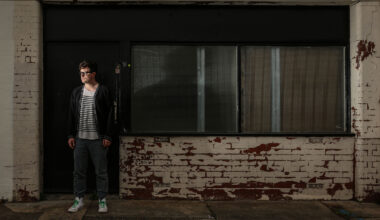Taking aim at hypocrisy, inequality and apathy, the sharp tongue and infectious grooves of the Sleaford Mods album ‘Spare Ribs’ is a proper vitriolic soundtrack for our dystopian times
Want to read more?
Sign up to Electronic Sound Premium to gain access to every post, video, special offers, and more. 100%, all you can eat, no commitment, cancel any time.
Already a premium member? Log in here






